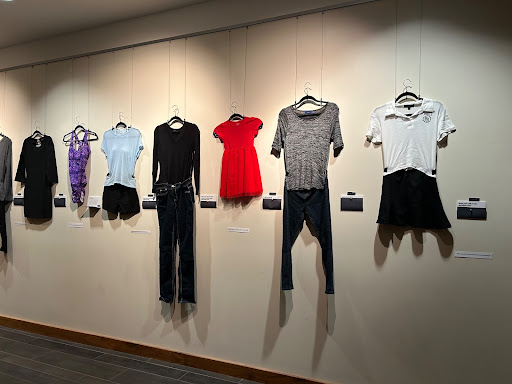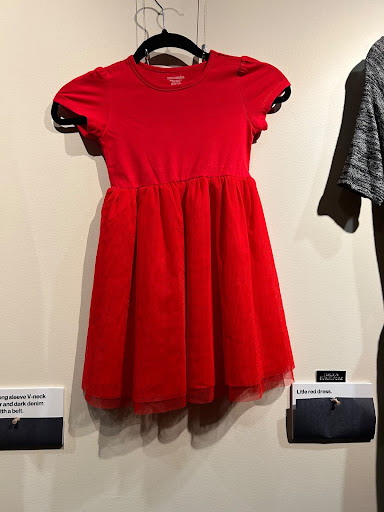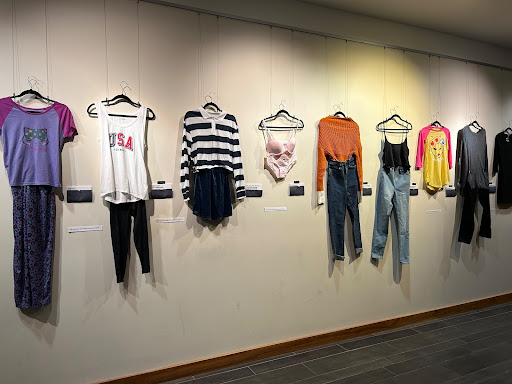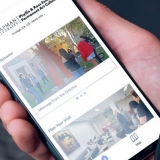
What Were You Wearing: C.A.R.E.S. on Victim Blaming
May 10, 2023
 April is Sexual Assault Awareness Month. Throughout the month, Creating a Rape-free Environment for Students (C.A.R.E.S.) hosted events for students to learn about issues surrounding sexual violence, as well as create a space for students to share their story. C.A.R.E.S. created the “What Were You Wearing Exhibit” in collaboration with the Argyros Forum Student Union, where the exhibit was displayed for several weeks.
April is Sexual Assault Awareness Month. Throughout the month, Creating a Rape-free Environment for Students (C.A.R.E.S.) hosted events for students to learn about issues surrounding sexual violence, as well as create a space for students to share their story. C.A.R.E.S. created the “What Were You Wearing Exhibit” in collaboration with the Argyros Forum Student Union, where the exhibit was displayed for several weeks.
C.A.R.E.S. is an organization led by Dr. Dani Smith, who teaches courses in Peace Studies and Sociology in Wilkinson College. Its mission is to advocate for survivors of sexual assault and provide resources for students. Other April events included The Clothesline Project and Denim Day/Red My Lips. The intent was to show how real people have been affected by sexual violence and to fight back against victim blaming, which most often takes form in the question, “What were you wearing?”
The “What Were You Wearing Exhibit” was first created by Jen Brockman and Dr. Mary Wyandt-Hiebert from the University of Arkansas in 2013. Through anonymous submissions, students could describe the clothes they were wearing when they were assaulted. Those clothes/replicas were displayed in the exhibit alongside a description of the clothing and a brief narrative.
Sophie Camilleri (‘25, Women and Gender Studies) explained the importance of the exhibit.
“I think it is a validating experience for survivors to know that they’re not alone and it wasn’t their fault. Exhibits like this help to humanize survivors and make them more than a statistic. It’s also important to educate the community about victim blaming, especially when sexual violence is so common on college campuses.”
The clothes send a message, what someone was wearing, is not a reason for assault. By blaming the victim for wearing certain clothes, the blame is shifted onto them rather than the perpetrator of the crime. To avoid victim blaming, offer the survivor support rather than asking questions. Victims may already feel a degree of shame, and the blame being placed on the individual, whether intentional or not, can prevent them from reporting the crime. It’s important that we listen to, believe in, and support survivors.
To learn more about C.A.R.E.S or become a member, check out their website.

